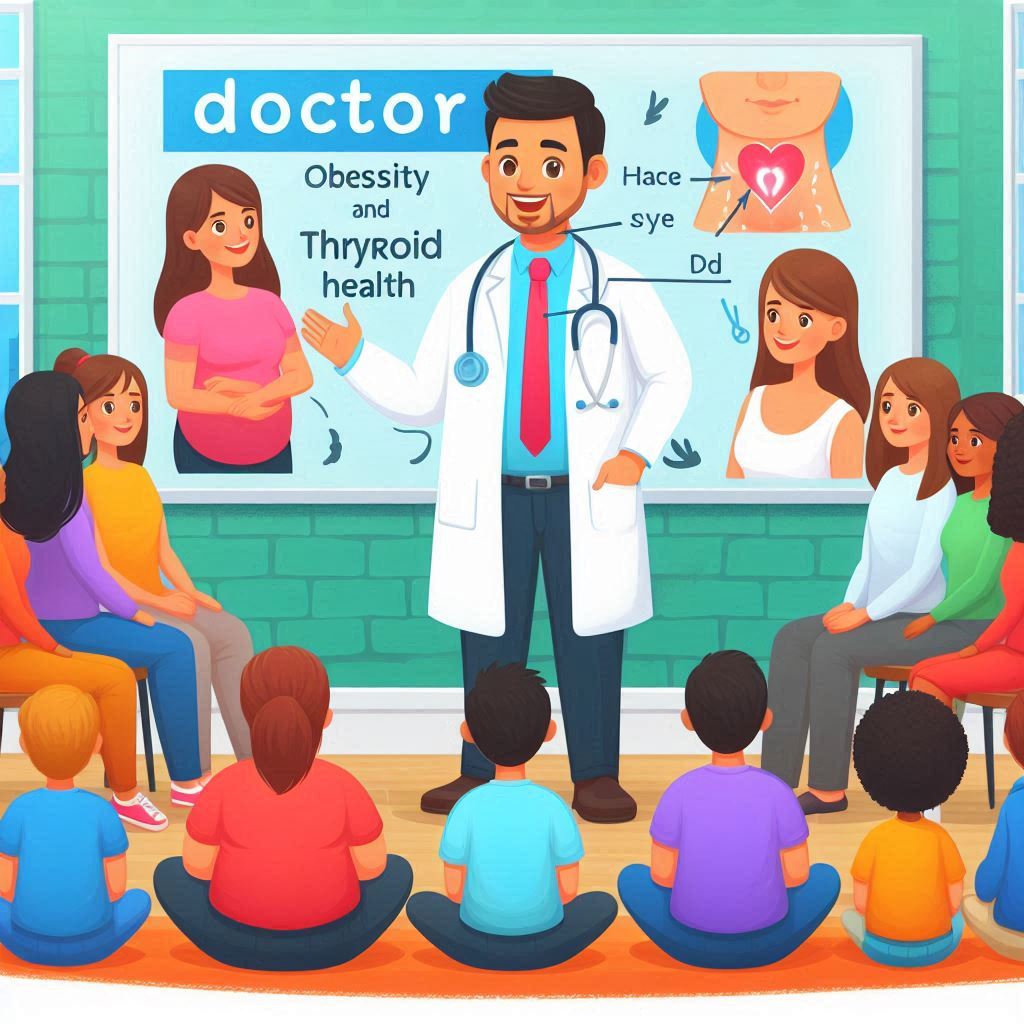Traditional medicine often takes a “one-size-fits-all” approach, but the rise of personalized medicine is changing that. Personalized medicine, also known as precision medicine, customizes medical decisions, practices, and products to each patient, optimizing outcomes based on their unique characteristics[1][2]. Artificial intelligence (AI) is playing a pivotal role in this revolution, ushering in a new era of more effective and tailored treatments[1][2].
How AI Powers Personalized Medicine
AI algorithms can process and integrate diverse data types, including genetic information, medical records, imaging, and wearable device data, providing a comprehensive view of a patient’s health[1][2]. By analyzing patterns and correlations within this data, AI can identify hidden insights and predict individual treatment responses with unprecedented accuracy[2]. Here are some key ways AI is revolutionizing personalized medicine:
- Data Analysis and Integration: AI excels at processing and integrating various data types, allowing for a more accurate and holistic assessment of a patient’s health[1].
- Genomic Medicine: AI analyzes an individual’s genetic makeup to identify specific genetic markers and mutations. This helps predict disease susceptibility, select targeted therapies, and even predict the likelihood of treatment success[1][2].
- Drug Discovery and Development: AI accelerates drug discovery by sifting through vast chemical libraries, predicting potential drug candidates, and assessing their safety and efficacy[1].
- Treatment Personalization: AI analyzes patient data to identify the most suitable treatment options, including drug dosages and therapy regimens, ensuring treatments are tailored to an individual’s unique needs[1][2].
- Disease Prediction and Prevention: AI models predict disease onset by analyzing patient data and recognizing early warning signs, allowing for proactive interventions, lifestyle adjustments, and preventive measures[1][2].
- Enhanced Preventive Care: By analyzing an individual’s genetic predispositions, lifestyle choices, and environmental factors, AI algorithms can identify individuals who are at a higher risk of developing certain diseases, allowing healthcare professionals to implement preventive measures[2].
AI in Action: Examples of Personalized Medicine
- Diagnosis: AI-based diagnosis tools and microscopes can assist doctors and pathologists in more accurately diagnosing diseases like cancer[6].
- Intelligent drug discovery: AI is leveraged to reimagine and redefine how patient biology can be modeled to accelerate and de-risk the process of drug discovery[1].
- Evidence-Based Clinical Decision Support: AI is used for evidence‐based clinical decision support, detection of adverse events, and the usage of electronic health records[5].
The Future of Personalized Medicine with AI
The combination of big data and AI in personalized medicine holds immense promise for improving healthcare outcomes[2]. As AI continues to evolve and more data becomes available, its influence will only grow stronger, ushering in a new era of personalized healthcare[2]. AI’s ability to advance personalized medicine will depend critically on the refinement of relevant assays and ways of storing, aggregating, accessing, and ultimately integrating the data they produce[4].
AI integration with wearable devices and remote patient monitoring facilitates real-time data collection, enabling healthcare providers to continuously monitor patients outside traditional clinical settings[2]. This will lead to more accurate diagnoses, personalized treatment plans, and optimized patient outcomes[2].
Citations:
[1] https://www.hgf.com/blogs/ai-powered-personalised-medicine/
[2] https://www.laboratoriosrubio.com/en/ai-personalized-medicine/
[3] https://medicine.utah.edu/dbmi/aime/ai-and-precision
[4] https://pmc.ncbi.nlm.nih.gov/articles/PMC7580505/
[5] https://pmc.ncbi.nlm.nih.gov/articles/PMC7877825/
[6] https://www.infosysbpm.com/blogs/healthcare/can-artificial-intelligence-help-us-achieve-the-dream-of-personalised-healthcare.html
